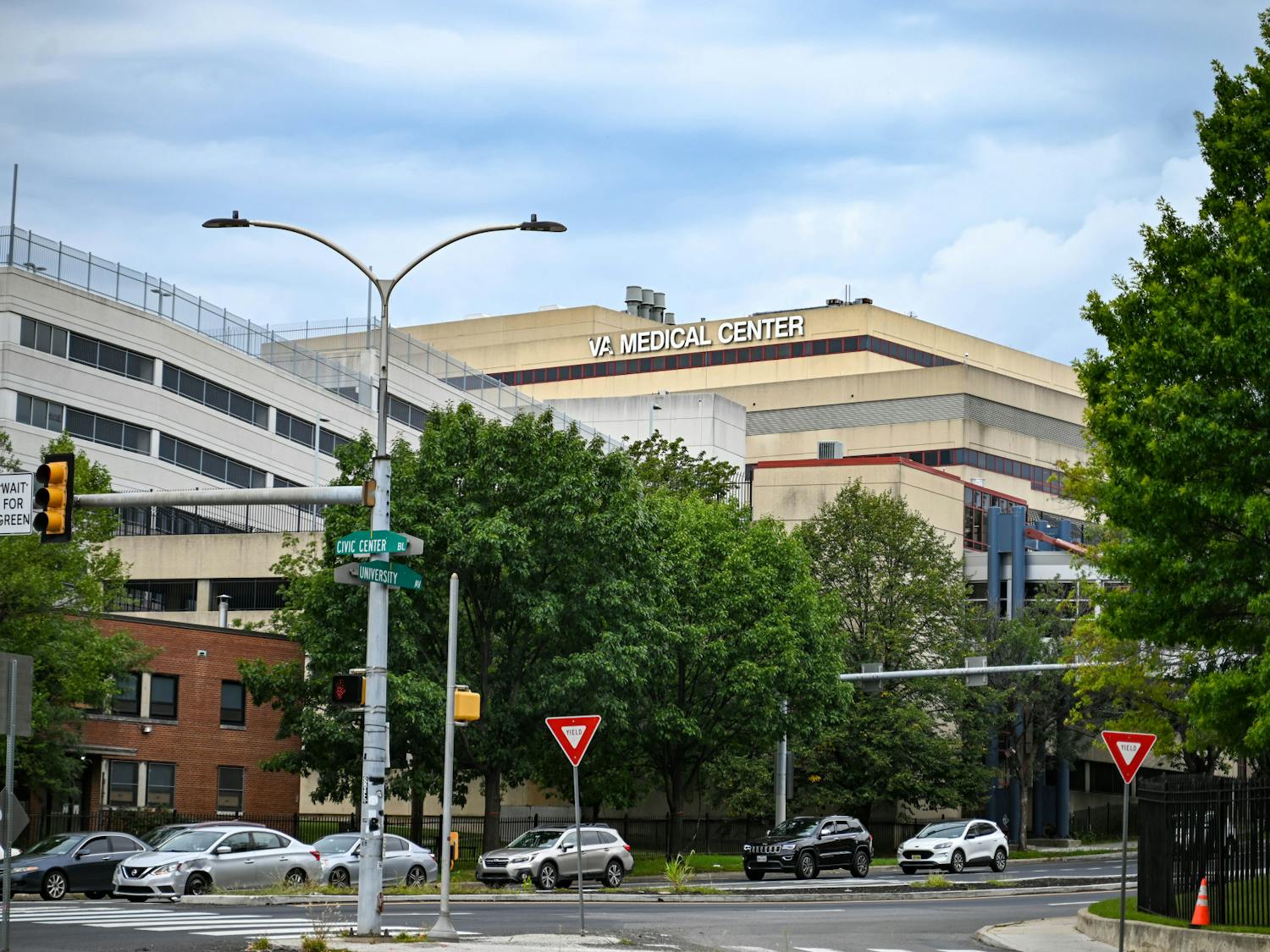Nationwide and statewide changes are on the horizon regarding one of politics’ most heated topic — abortion.
The United States House of Representatives passed the Protect Life Act on Oct. 13 which would change healthcare law regarding accessibility to abortions. The bill was sponsored by Rep. Joe Pitts from Pennsylvania (R-Pa).
The bill would “prohibit federal funds from being to used to cover any part of the costs of any health plan that includes coverage of abortion services,” according to the Congressional Research Service of the Library of Congress.
The bill also removes a requirement that hospitals receiving federal funding must provide emergency abortion services to a patient in need regardless of the patient’s insurance plan, financial standing or the hospital’s own philosophy.
Hospitals are also required, as of now, to transfer a patient to a facility that can provide these services if that institution is unable to do so. Should this bill be written into law, this would no longer be the case.
For years, many Catholic hospitals have pushed for such legislation which absolves them of having to perform emergency abortions, a practice opposed to most of their philosophies.
“Unfortunately in the Catholic system, someone who’s a bishop, who has no medical qualifications whatsoever, can dictate what a hospital does,” said Jon O’Brien, president of the national organization Catholics for Choice in an Oct. 11 Huffington Post article.
Many Democrats claim that, regarding funding, the bill is unnecessary because under the current law, tax money cannot be spent on abortion services. Most Republicans support the bill, arguing that federal subsidies can be used to enroll in healthcare plans that allow abortion services, making this a loophole. Proponents of the bill say that it does not remove any rights, it just clarifies how federal money can be spent.
The bill was passed in the House 251 for and 170 against. Two Republicans voted against the bill.
***
Similarly, the Pennsylvania House of Representatives has been debating another abortion regulation bill, prompted by the grand jury report released by the Philadelphia District Attorney’s office in January regarding the case of Kermit Gosnell.
Gosnell is charged with murder, infanticide and other felonies after an investigation of his clinic on 38th Street and Lancaster Avenue. After the clinic was raided for drugs, investigators found that an abortion patient had died due to a lethal dose of narcotics. Further findings included late-term abortions that resulted in the death of viable infants. Gosnell allegedly killed the babies by thrusting scissors into their spinal cords.
The report blames regulatory agencies for not responding to complaints and evidence and therefore allowing Gosnell to continue his practice.
In response, the Pennsylvania Legislature has drafted the Health Care and Facilities Act, which calls for abortion facilities to be categorized as an ambulatory surgical facility, forcing them to adhere to strict building codes and state regulations. Many Democrats, even those who were the original drafters of the bill, now stand opposed to it. Vincent Hughes, a Democratic senator from West Philadelphia said in Philadelphia Weekly, “What has been proposed in [the bill] puts women in second-class status with respect to their own health care.”
“Gosnell wasn’t following regulations already in place … this will make abortions more expensive, only pushing people to places like Gosnell’s clinic,” College senior and Penn Consortium of Undergraduate Women Chairwoman Meg Hlousek said. PCUW’s theme this year is Women’s Reproductive Justice and Health.
“This legislation is important to make sure that what happened at Gosnell’s clinic does not happen again,” said Charles Gray, a College and Wharton senior, president of College Republicans and Daily Pennsylvanian columnist.
Isabel Friedman, College junior and president of Penn Democrats, responded in an email to the legislation, writing, “Penn provides special health services to its students, but as soon as we leave this campus, we face the barriers to reproductive health these pieces of anti-choice legislation are intended to build. Restricting any woman’s access to reproductive health services is an injustice that effects everyone.”








